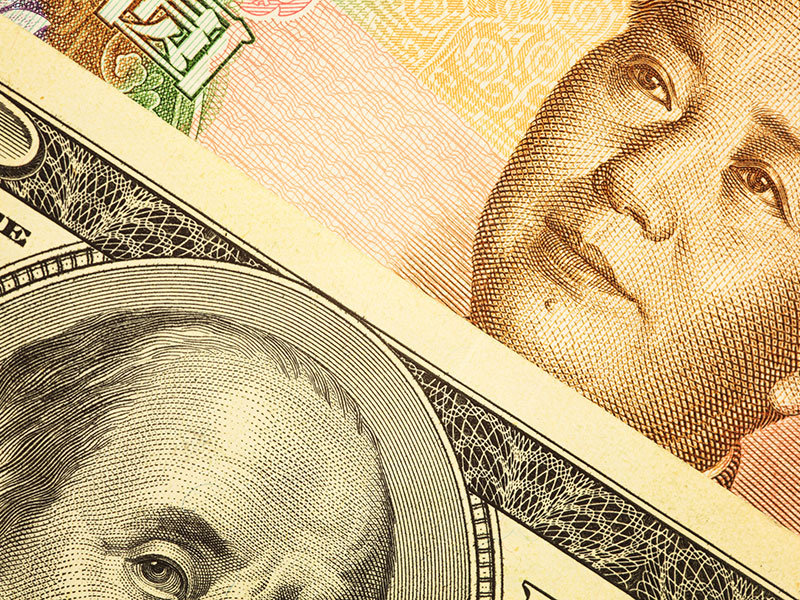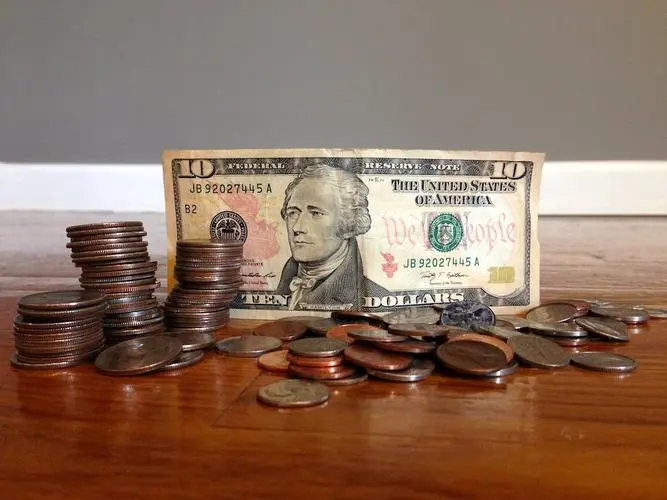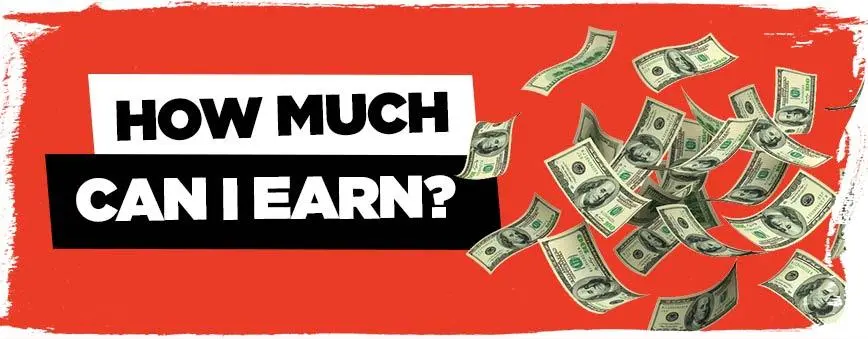
In recent years, China has been implementing strategic measures to address loopholes in its capital controls. The country’s financial authorities have ramped up efforts to curb currency outflows, aiming to alleviate the downward pressure on the yuan, which has been depreciating against the dollar since August 2015.
One of the key measures introduced involves banks in Shanghai being required to balance their currency outflows with equivalent capital inflows. This means that for every sum of renminbi that banks remit overseas, they must import an equivalent amount. In Beijing, the regulations are even more stringent, with banks required to import RMB 100 ($14.60) for every RMB 80 ($11.70) they allow in currency outflows.
These measures were introduced following a curb on capital outflows in November, where authorities significantly restricted the size of outbound investment deals and adjusted the threshold for the vetting of foreign transfers. This move was prompted by concerns that the yuan was entering a depreciative spiral.
Furthermore, Chinese authorities have increased their scrutiny on bitcoin exchanges, conducting spot checks on the country’s three largest bitcoin exchangers. The growing popularity of bitcoin has led to speculation that the digital currency may be used to circumvent capital regulations. These inspections aim to assess potential rule violations and ensure that firms are fully compliant with existing regulations.
Through these strategic measures, China is demonstrating its commitment to maintaining financial stability and ensuring the health of its economy in the face of global economic uncertainties.







